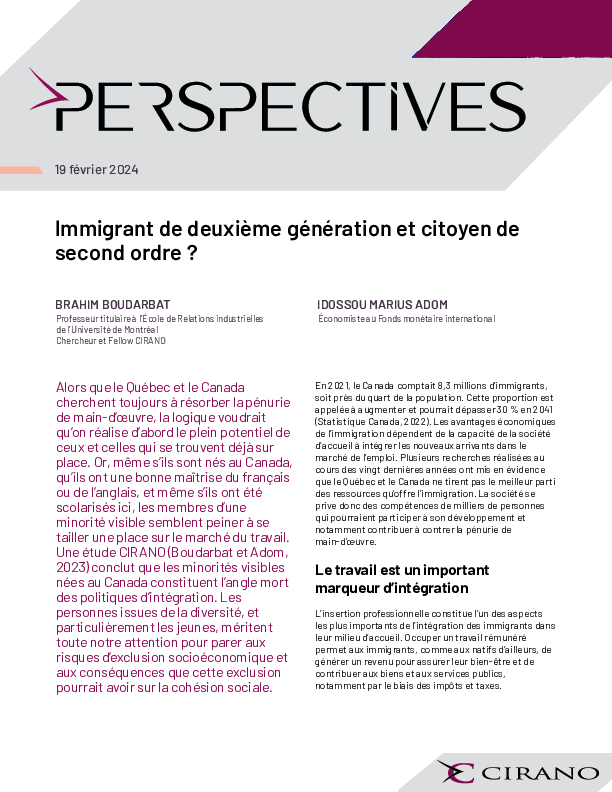Sui Generis Rights on Folklore Viewed From a Property Rights Perspective
This paper looks at sui generis rights claimed for the protection of folklore. Since rights should not be created in any which way if one is to avoid privileges and rent-seeking, it is important to be clear about design constraints stemming from such rights being species of property rights, adapted to deal with the particular content of information structures that need special encouragement or protection. Examination of the logic of property rights in general and of intellectual property rights in particular reveals that intellectual property rights are sought because of their decentralised incentive and information effects, but that they need to be circumscribed because of the monopolistic effects they entail. The trouble with monopoly is that whilst it is in place, one does not realise the creativity that is prevented from emerging. All intellectual property rights reflect compromises of these contradictory tendencies and as a result, more and stronger intellectual property rights are not necessarily better from a general welfare point of view. The forms of sui generis rights proposed for folklore appear modelled on copyright, but with the removal of several key features that define the equilibrium inherent in copyright: no originality requirement; no known creation date or creators; indefinite duration. Folklore kept secret is altogether taken out of commerce. As a result, these rights strike a balance very much more to the monopoly side of the spectrum than do existing intellectual property rights and hence risk severely constraining creativity. This may seem like an acceptable constraint given the objective of preservation, but one must realise that it will affect the future carriers of the protected information. Faced with severe restrictions on ways they can improve their lives within the protected setting, they may well opt for the exit option and head for greener pastures. This would severely strain efforts to preserve whatever the sui generis rights aim to protect. Information lock-up may not be the most promising formula for preservation
[ - ]




